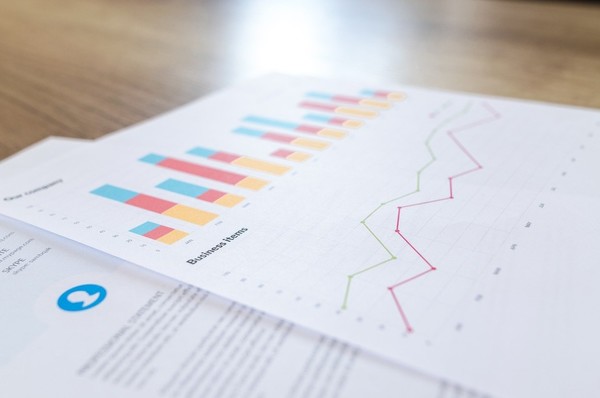U.S. President Joe Biden’s policy to promote biosimilar drugs to lower the overall drug price is expected to benefit Korean biosimilar makers such as Celltrion and Samsung Bioepis.
On Friday, Biden signed the Executive Order on Promoting Competition in the American Economy, news reports said. The executive order includes 72 initiatives by more than a dozen federal agencies to address competition problems in prescription drug prices, the labor market, and transportation.
In the healthcare and biopharmaceutical sector, the order includes detailed plans for better competition in prescription medicines, hospital consolidation, hearing aids, and insurance.

Under the executive order, the FDA will work with state governments and institutions to import cheaper prescription drugs from Canada.
Also, Biden will direct the Health and Human Services Administration (HHS) to enhance support for generic and biosimilar drugs, which provide low-cost options for patients.
The HHS plans to issue a comprehensive plan within 45 days to lower high prescription drug prices and prevent drug price manipulation.
The Federal Trade Commission (FTC) will make rules to ban pay-for-delay and similar antitrust trading practices. In a pay-for-delay deal, generic drug manufacturers agree to delay the launch of a product in return for payment by brand drug sellers.
The U.S. measures to lower drug prices are likely to impact Korean biosimilar drug exports to the U.S positively.
“The Biden administration’s executive order delivers a clear message that the U.S. will increase the use of biosimilars,” said Oh Ki-hwan, executive director at the Korea Biotechnology Industry Organization (KoreaBIO). “It will be a positive signal for domestic companies, as the U.S. policy has become friendly to exports of Korean biosimilars.”
Oh advised that local companies need to analyze the U.S. government’s upcoming drug price lowering measures thoroughly.
Korean companies have to make strategic decisions about establishing partnerships for marketing in the U.S., the timing of a product launch, and a drug price, he said.
When the U.S. government announces a drug price reduction policy in the future, Korean companies will have to modify some of their existing strategies, Oh said, emphasizing that Korean companies should remain “flexible” to the U.S. policy.
KoreaBIO will periodically check difficulties in Korean drug exports and share updates of the U.S. trends, he added.
Local biosimilar companies raised expectations for the Biden administration’s biosimilar-friendly policy.
Celltrion is selling three biosimilars in the U.S. – Remsima (infliximab) referencing Johnson & Johnson’s Remicade, Truxima (rituximab) referencing Roche’s Rituxan, and Herzuma (trastuzumab) referencing Roche’s Herceptin.
“Although we haven’t yet benefited from the U.S. policy directly, we cautiously predict that our export to the U.S. could increase,” an official at Celltrion said.
Samsung Bioepis sells two out of the four U.S.-authorized biosimilars -- Renflexis (infliximab), a biosimilar of Remicade, and Ontruzant (trastuzumab), a biosimilar of Herceptin.
Samsung Bioepis plans to roll out Hadlima (adalimumab), a biosimilar of AbbVie’s Humira, in 2023 under the agreement with AbbVie. The company also hopes to release Eticovo (etanercept), a biosimilar of Amgen’s Enbrel, after 2029, as Enbrel’s patent remains valid until 2029.
An industry official said it was difficult to predict how much Korean biosimilar makers will benefit from the U.S. policy because the policy applies to Korean companies and biopharmaceutical firms around the world.
However, the opening of the world’s largest pharmaceutical market to biosimilar drugs is surely positive for Korean companies, he added.

